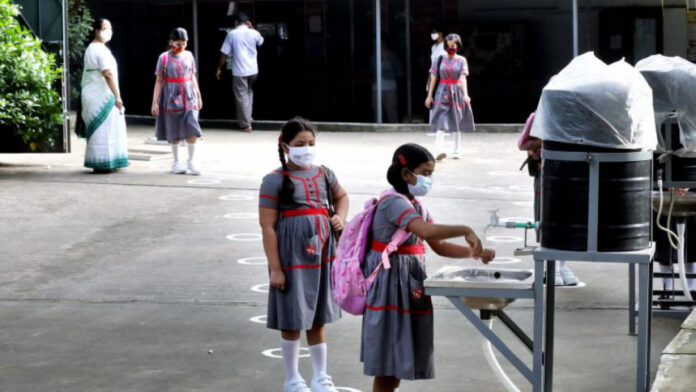Unless we take action, the percentage of children dropping out of school in developing countries who are unable to read could rise from 53 to 70 percent, UN Secretary-general António Guterres warned in a video message observing International Education Day, on Monday.
Recalling the chaos that COVID-19 had caused in education worldwide, he noted that at the height of the pandemic, nearly 1.6 billion school and university students dropped out of school.
He believes that despite improvement, the crisis is not over yet and the uncertainty goes beyond issues of access and inequality.
The theme of this year’s day is Course change, education transformation.
The world is “changing at a dizzying pace, with technological innovation, unprecedented changes in the world of work, the onset of the climate emergency, and a widespread loss of trust between people and institutions,” Mr Guterres said.
He believed that conventional education systems are struggling to provide the knowledge, skills, and values needed to create a greener, better, and more secure future for all.
Because of these challenges, he is convening a Summit on Transforming Education in September.
The time to rekindle our collective commitment to education has come, he said, which means putting education at the center of broader recovery efforts, aimed at transforming economies and societies and accelerating progress in sustainable development.
For the UN Secretary-General, it also means financial solidarity with developing countries and understanding how national education systems can be reformed, from now until 2030.
He noted that the Summit would be the first time that world leaders, young people and all education actors have come together to discuss these fundamental issues.
Currently, schools are open in 135 nations and it has been temporarily suspended in 25 countries extending the end-of-year break, according to a new data issued by the United Nations Educational, Scientific and Cultural Organization (UNESCO) on Monday.
Since the outbreak of Omicron variant, only a dozen nations have chosen to close schools and turn to full-distance learning rather than offline, in person classes.
This is in strong contrast to the same period in 2021, when many schools were closed and teaching was completely remote in 40 countries.
For United Nations Educational, Scientific and Cultural Organisation (UNESCO), this shows that a large majority of nations are using lessons from the past two years to keep classrooms accessible, with reinforced health and safety protocols.
UNESCO’S Director-General, Audrey Azoulay said, “Education continues to be deeply disrupted by the pandemic, but all countries are now very aware of the dramatic costs of keeping schools closed. UNESCO said for the last two years.”
The UNESCO chief said more action is needed to bring all children who have dropped out of school back to school and to make up for lost time.
Without corrective action and without focusing on the most vulnerable students, Ms. Azoulay said warning that the COVID-19 pandemic will have dramatic long-term consequences.
According to a large-scale survey conducted by UNESCO and the International Association for the Evaluation of Educational Achievement, over 50 percent of teachers state that students had not progressed to the expected levels.
The study was conducted in 11 countries, where most teachers agreed that it was difficult to provide the necessary support for vulnerable students. And more than 50 percent of students said they were concerned about the changes happening.



